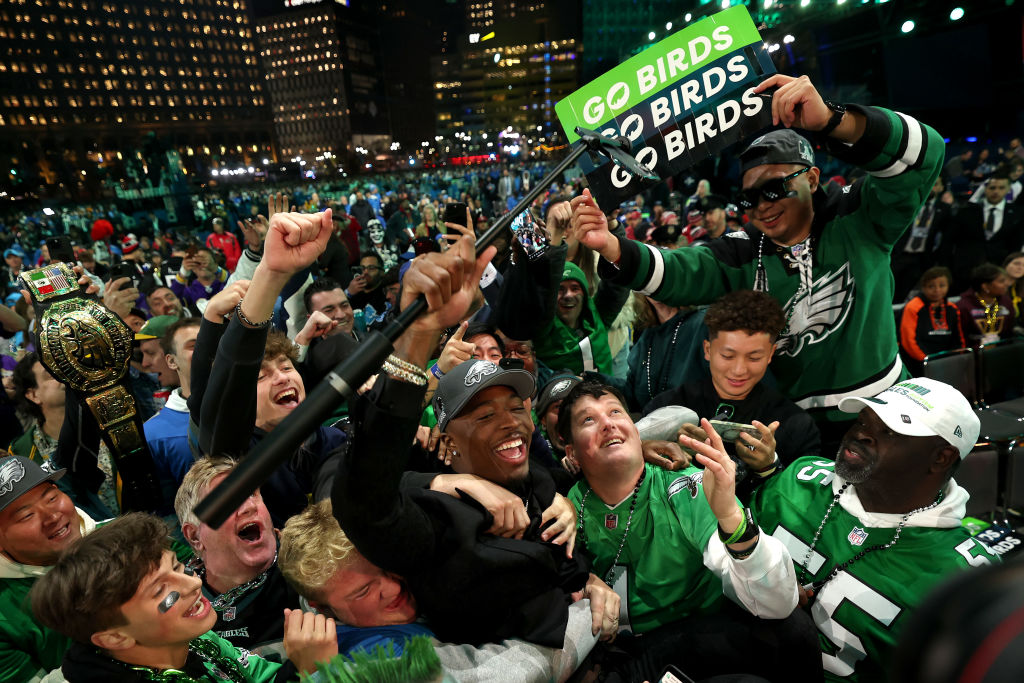Like when sporting events finish in a tie? Of course you do. That's why the NHL scrapped ties in favor of a skills competition back in 2005, or why Major League Baseball awarded home-field advantage in the World Series to the winning side of an exhibition game for 14 years. Yeah, folks love ties.
Well, if you're the type who enjoys a good tie or a long smooch with your sister, the NFL has a rule change made just for you. Because the end result of reducing overtime from 15 minutes to 10 during the regular season will inevitably be more contests that end without deciding a winner.
Why? The league offered some hollow-sounding excuse built around player safety and competitive balance. Teams that play an additional five minutes in the extra period, then turn around and play again on a short week -- think Monday to Sunday, or worse, Sunday to Thursday -- are at a disadvantage, while the health of the players are at greater risk.
Whether there was any tangible evidence five more minutes can really have a serious effect on the following week is unclear. It sure doesn't seem like that would make a world of difference. The only thing we can say for certain is the end result will be more ties.
Even under the previous rule, the NFL managed to have two games end in ties in 2016, which are two more than anybody would prefer. Yet, four more games went deeper than 10 minutes into overtime, according to Jonathan Jones for Sports Illustrated, and while not all were necessarily guaranteed to finish in a tie under the change, the likelihood obviously increases.
For the sake of argument, let's just say there were two more ties in '16, bringing the total to four. That still isn't a huge number, but even two is atypical. Most years, there are one, or none at all. Now, the frequency is guaranteed to increase.
Philadelphia Eagles
Complete coverage of the Philadelphia Eagles and their NFL rivals from NBC Sports Philadelphia.
Does that matter? Maybe not. A few extra ties are unlikely to turn off viewers. In fact, a case can be made overtime will be more exciting with the clock coming into play more often. Ties also lead to some interesting situations in the standings, and can inject slightly more intrigue into playoff races late in the year.
None of which is going to change the fact that ties are inherently a bad thing and people despise them. The NHL and MLB both came up with rule changes that would avoid ties, each of which had a major impact on the very landscape of the sports. Yet, while competitors are getting away from ties, the NFL has decided to invite more.
Again, it's worth pointing out the reasoning seems bogus. If competitive balance and player safety are issues, teams wouldn't have to turn around and play on Thursday four days after a Sunday game in the first place.
The NFL's overtime rules were already imperfect. Shortening the length of the period is unlikely to fix inherent problems with the sudden-death system -- namely a team winning the game on the possession immediately following the coin flip. Instead, we simply have another round of valid complaints to look forward to on the horizon.



